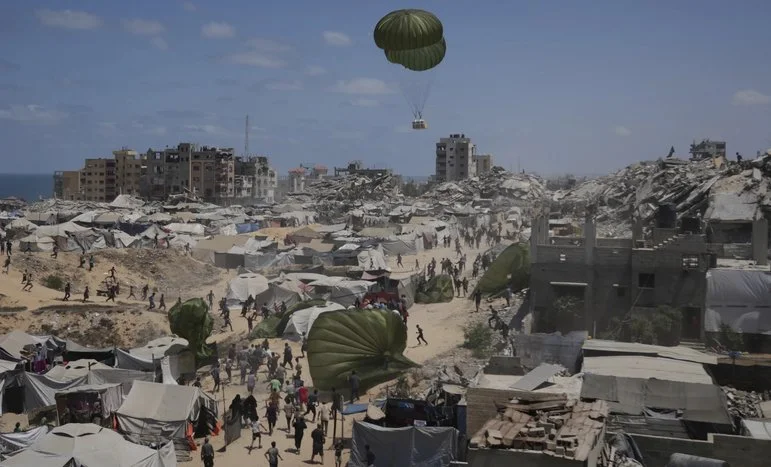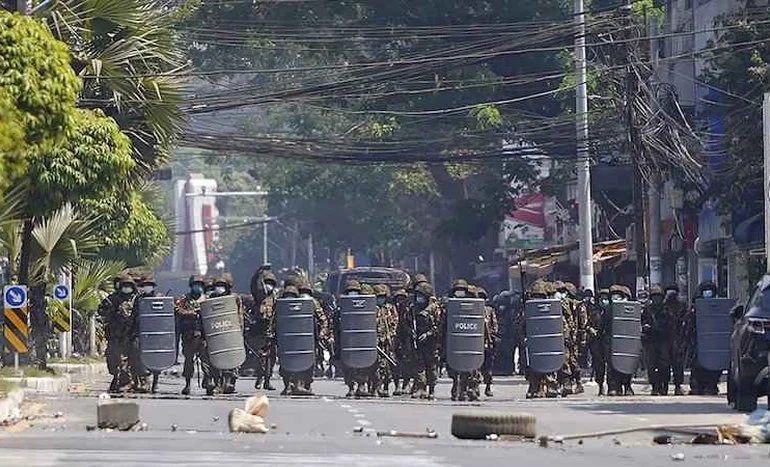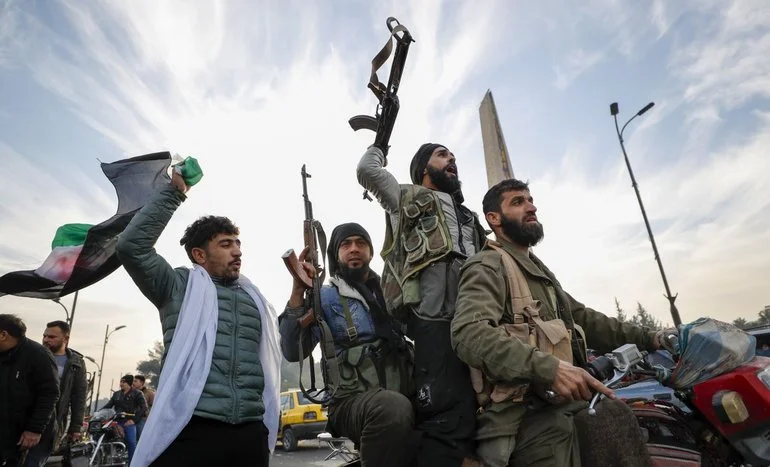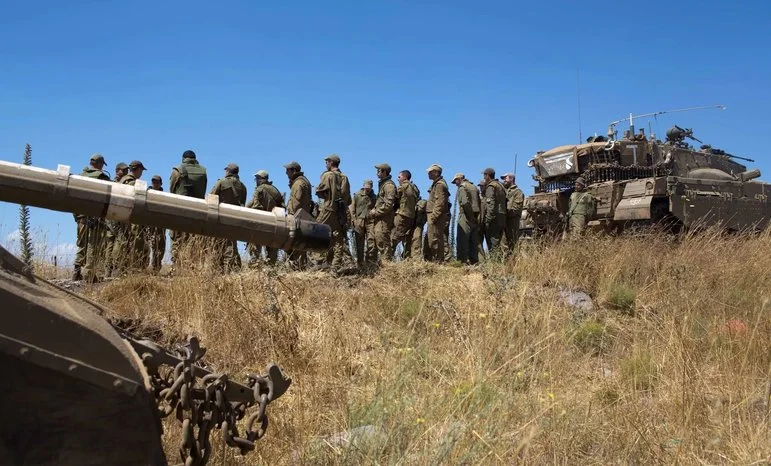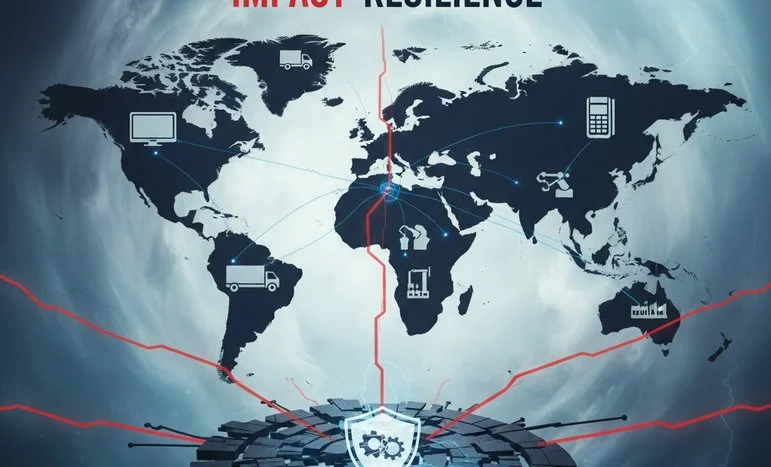
The Israel-Gaza Conflict: A Historical Timeline
Shallow Claims of Gazans
The ongoing conflict between Israel and Gaza, particularly the events surrounding the October 7, 2023, massacre, have brought to light several contentious issues. One of the shallow claims made by Gazans is that their actions are a means to reclaim their land. However, this narrative deserves a closer examination.
Historical Context and Land Claims
To understand the depth of this conflict, it is essential to delve into the historical timeline of the region. The land now known as Israel and Palestine has a complex history marked by various occupations and population shifts.
📜 Historical Timeline of the Land of Israel (from Time Immemorial)
-
c. 3000–1200 BCE – Ancient Canaan and Early Settlements:
The land of Israel, then part of ancient Canaan, was home to various Semitic tribes. The early Hebrews, considered the ancestors of the Jewish people, settled in this region. Biblical narratives describe Abraham’s journey to the land, signifying a divine promise. -
c. 1200–1000 BCE – Israelite Tribes and the United Monarchy:
The Israelites, led by figures such as Joshua, established a foothold in the land. The united monarchy under Kings Saul, David, and Solomon created a powerful kingdom centered in Jerusalem, with the construction of the First Temple. -
c. 1000–586 BCE – Kingdoms of Israel and Judah:
The kingdom split into northern Israel and southern Judah. The Assyrians conquered Israel in 722 BCE, and the Babylonians destroyed the First Temple in 586 BCE, leading to the Babylonian Exile. -
538–63 BCE – Return from Exile and Second Temple Period:
After Persian conquest, Jews returned and rebuilt the Temple. Under Greek and later Roman rule, Jewish religious and cultural life thrived, though tensions grew with foreign overlords. -
70 CE – Roman Destruction of the Second Temple:
Roman legions crushed a major Jewish revolt, destroyed the Second Temple, and renamed Jerusalem “Aelia Capitolina.” Many Jews were killed or enslaved; others fled, marking the beginning of the long Jewish Diaspora. -
135 CE – Bar Kokhba Revolt and Judea Renamed “Palestine”:
The failed Bar Kokhba Revolt led to massive Jewish casualties. The Romans renamed the province Syria Palaestina to erase Jewish ties to the land. -
4th–7th Century CE – Byzantine and Early Islamic Rule:
Christianity became dominant under Byzantium, but Jewish communities persisted. In the 7th century, Muslim Arab armies conquered the region, bringing Islamic rule and new waves of Arab settlement. -
7th–16th Century – Arab Caliphates and Ottoman Rule:
The land was ruled by various Islamic caliphates and later the Ottoman Empire. Jewish communities remained in places like Jerusalem, Safed, and Tiberias, while Arab populations expanded. -
19th Century – Zionist Movement and Early Jewish Immigration:
European Jews, facing persecution, began returning to the land, purchasing land from Arab owners and re-establishing farming communities. This sparked Arab resentment and tensions. -
1917 – Balfour Declaration:
The British government declared support for a Jewish homeland in Palestine, igniting hopes for Jewish self-determination and fueling Arab opposition. -
1922–1948 – British Mandate Period:
Britain administered the land, struggling to balance conflicting Jewish and Arab claims. Waves of Jewish immigration fueled tensions and violence. -
1947 – UN Partition Plan:
The United Nations proposed partitioning the land into separate Jewish and Arab states, with Jerusalem as an international city. Jews accepted, but Arab leaders rejected it, leading to war. -
1948 – Establishment of Israel and Arab-Israeli War:
Israel declared independence, and neighboring Arab nations invaded. Israel survived, but about 750,000 Arabs fled or were displaced (Nakba). Israel’s independence was a monumental moment in Jewish history. -
1967 – Six-Day War:
Israel captured the West Bank, Gaza Strip, Sinai Peninsula, and Golan Heights, dramatically altering the map. This created new refugee waves and intensified the conflict. -
1979 – Egypt-Israel Peace Treaty:
Egypt became the first Arab country to make peace with Israel, recognizing its right to exist and establishing diplomatic relations. -
1993 – Oslo Accords:
Israel and the PLO signed agreements aimed at peace and Palestinian autonomy. Hopes were high, but violence and mistrust continued. -
2005 – Israeli Withdrawal from Gaza:
Israel unilaterally withdrew its military and settlers from Gaza. Hamas eventually took control, leading to increased rocket attacks on Israel. -
2007–2023 – Repeated Gaza Conflicts:
Multiple rounds of violence erupted between Israel and Hamas, including major conflicts in 2008, 2012, 2014, and 2021, each causing significant casualties on both sides. -
October 7, 2023 – Massacre by Hamas:
Hamas launched a massive, coordinated attack on Israel, killing over 1,400 Israelis and taking hundreds hostage. Israel responded with a full-scale military campaign against Gaza.
Judaea and Arab Occupation
Judaea, the historical heartland of the Jewish people, encompassed a larger area than modern Israel. At its height, it included regions such as Idumea, Samaria, and Galilee. The Roman province of Judaea was established in 6 CE and lasted until 135 CE, after which the region was renamed Syria Palaestina by the Romans.
Over time, Arab populations migrated into the region, leading to a demographic shift. By the time of the British Mandate, the Arab population had grown significantly, claiming historical ties to the land dating back centuries. This cultural and demographic change contributed to the complexities of the modern conflict.
The October 7, 2023, Massacre
The October 7, 2023, attack by Hamas and other Palestinian militant groups resulted in the deaths of over 1,400 Israelis and the taking of hundreds of hostages. This brutal attack is often justified by Hamas as a response to Israeli occupation and blockade of the Gaza Strip.
Israeli Response
Israel’s response to the October 7 attack has been swift and severe, involving extensive airstrikes and a ground invasion of Gaza. The Israeli military has imposed a total blockade on Gaza, cutting off supplies and causing significant civilian casualties.
Why Can’t Israel Use the Same Methods?
The question arises: if the October 7 massacre is an attempt to reclaim land, and such murders are a justified method, why can’t Israel use the same tactics to reclaim its historical lands? This query highlights the double standard often applied in the conflict.
Historical Justification
Israel has a historical claim to the land based on its ancient heritage and the establishment of the modern state in 1948. The Jewish people have deep historical and religious ties to the region, dating back thousands of years. The re-establishment of Israel in 1948 was seen as a fulfillment of the Jewish people’s right to self-determination after centuries of persecution and displacement.
International Perspective
The international community often views Israeli actions through a different lens than those of Palestinian militants. While Hamas’s attacks are often condemned, they are sometimes seen as a form of resistance against occupation. In contrast, Israeli military actions are often scrutinized for disproportionate use of force and violations of international law.
Countries Upholding Historical Truth
- United States: The U.S. has consistently supported Israel, providing military and economic aid. The Biden administration has approved significant military aid to Israel and has been vocal about supporting Israel’s right to defend itself.
- Germany: Germany has a strong commitment to Israel’s security, stemming from historical responsibilities. It has supported Israel diplomatically and economically, often voting in favor of Israel at the United Nations.
- United Kingdom: The UK has been a steadfast ally of Israel, providing diplomatic support and military cooperation. It has also been critical of Palestinian actions, particularly those of Hamas.
- Canada: Canada has expressed strong support for Israel, often voting in favor of Israel at international forums. It has also provided military and economic aid to Israel.
- Australia: Australia recognizes Israel’s right to defend itself and has supported Israel’s actions in Gaza. It has also provided humanitarian aid to Israel.
- Japan: Japan has a strong diplomatic relationship with Israel and has supported Israel’s security measures. It has also provided economic aid to Israel.
- Italy: Italy has supported Israel diplomatically and has been critical of Palestinian actions. It has also provided humanitarian aid to Israel.
- South Korea: South Korea has recognized Israel and maintains diplomatic relations, often supporting Israel at international forums.
- Brazil: Brazil has recognized Israel and maintains diplomatic relations, although its support has been more nuanced and balanced between Israel and Palestine.
- Argentina: Argentina has recognized Israel and maintains diplomatic relations, often supporting Israel at international forums.
- India: India has recognized Israel and maintains strong diplomatic and military ties. It has supported Israel’s right to defend itself and has been critical of Palestinian actions.
- Mexico: Mexico has recognized Israel and maintains diplomatic relations, often supporting Israel at international forums.
- Spain: Spain has recognized Israel and maintains diplomatic relations, although its support has been more nuanced and balanced between Israel and Palestine.
Countries Who Stand With the Wrong Side of Humanity
- Russia: Russia has been critical of Israel’s actions in Gaza, often siding with Palestine. It has supported resolutions at the United Nations that are critical of Israel and has provided military aid to Palestine.
- China: China has been critical of Israel’s actions in Gaza and has supported Palestine diplomatically and economically. It has also been critical of U.S. support for Israel.
- Iran: Iran has been a strong supporter of Palestine and a vocal critic of Israel. It has provided military aid to Palestine and has been involved in regional conflicts supporting anti-Israel groups.
- Syria: Syria does not recognize Israel and has been involved in conflicts with Israel. It has supported Palestinian groups and has been critical of Israel’s actions in Gaza.
- Yemen: Yemen, particularly the Houthi faction, has been critical of Israel and has supported Palestinian groups. It has conducted attacks on Israeli vessels and has been involved in regional conflicts.
- Jordan: Jordan has been critical of Israel’s actions in Gaza and has recalled its ambassador from Israel in protest. It has also provided humanitarian aid to Palestine.
- Egypt: Egypt has been critical of Israel’s actions in Gaza and has closed its border with Gaza, although it allows humanitarian aid to flow into Gaza. It has also been involved in brokering ceasefires between Israel and Palestine.
- Qatar: Qatar has been a strong supporter of Palestine and has provided significant economic and political support to Palestinian groups, including Hamas. It has also been critical of Israel’s actions in Gaza.
- Turkey: Turkey has been critical of Israel’s actions in Gaza and has supported Palestine diplomatically and economically. It has also been involved in regional conflicts supporting anti-Israel groups.
- Indonesia: Indonesia has been a strong supporter of Palestine and has provided humanitarian aid to Gaza. It has also been critical of Israel’s actions and has supported resolutions at the United Nations that are critical of Israel.
- Eritrea: Eritrea voted against condemning Hamas at the United Nations, indicating its support for the Palestinian cause.
The Israel-Gaza conflict is rooted in deep historical claims and grievances on both sides. While Gazans may claim that their actions are a means to reclaim their land, the historical context reveals a more complex narrative. Israel, with its ancient ties to the region, also has a valid claim to the land and the right to defend itself against attacks. The international community’s double standards often obscure these historical realities, leading to a biased perspective on the conflict. By understanding the historical timeline and the depth of these claims, one can better appreciate the complexities of the Israel-Gaza conflict and the shallow nature of some of the claims made by Gazans.
References
We appreciate that not everyone can afford to pay for Views right now. That’s why we choose to keep our journalism open for everyone. If this is you, please continue to read for free.
But if you can, can we count on your support at this perilous time? Here are three good reasons to make the choice to fund us today.
1. Our quality, investigative journalism is a scrutinising force.
2. We are independent and have no billionaire owner controlling what we do, so your money directly powers our reporting.
3. It doesn’t cost much, and takes less time than it took to read this message.
Choose to support open, independent journalism on a monthly basis. Thank you.
